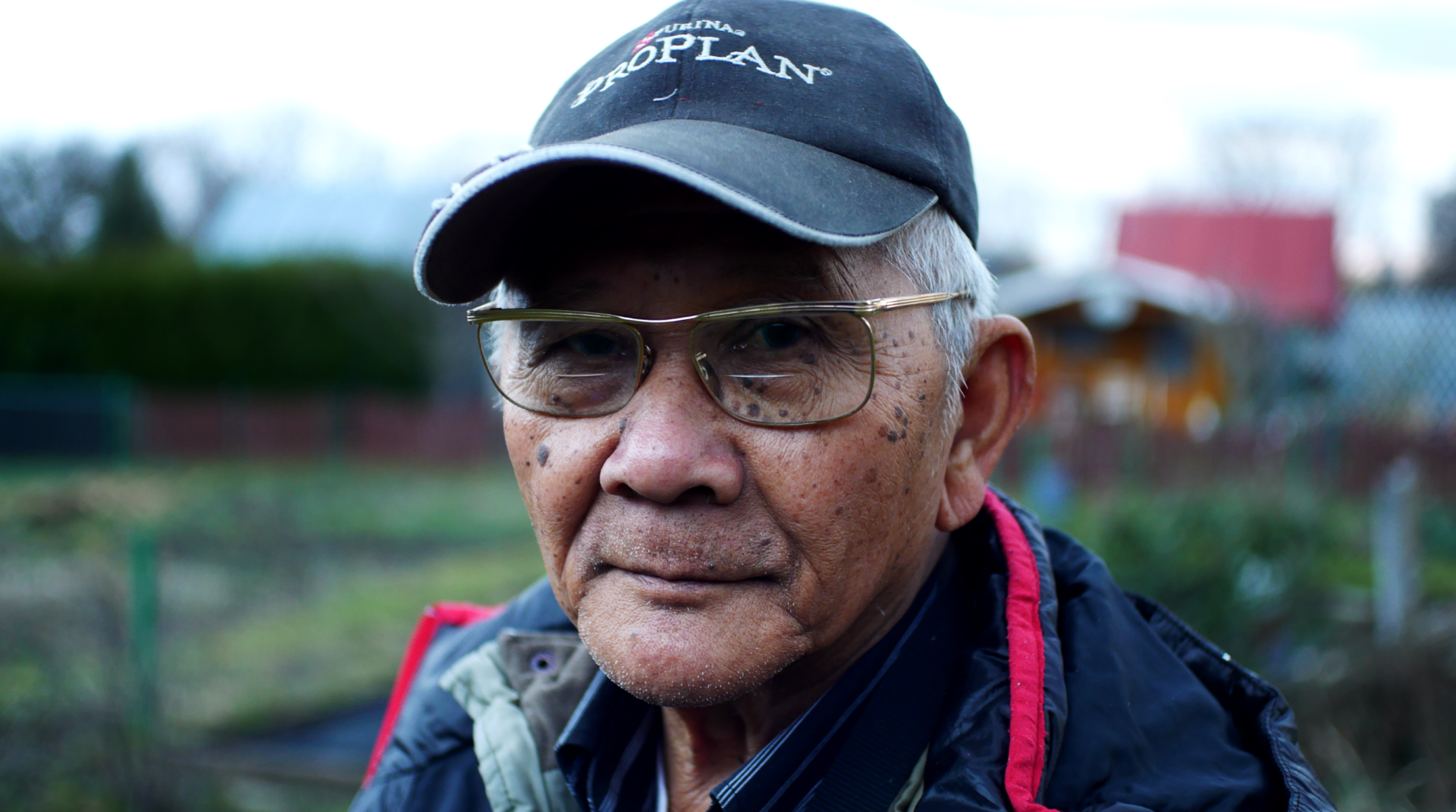
Soegeng Soejono arrived in Prague on September 10, 1963, to participate in a scholarship program arranged by Indonesia and Czechoslovakia. He came with the aim of studying pedagogy, children’s psychology, cultural politics, and mass media as one of many of his peers enrolling at universities across the Eastern Bloc. Two years later, in 1965, he received an offer to go back to Indonesia after the country became the stage of the horrendous events known in history as the Indonesian Mass Killings. Instead of returning to his homeland, which was implementing the so-called New Order, driven by ruthless despot Suharto, Soegeng Soejono decided to give up his Indonesian passport and stay in Europe. In 1971 he got married and settled in Czechoslovakia for good. In 1998 he traveled to Indonesia for the first time since the New Order’s collapse, and in 2017 he met Vincent Rumahloine. The video and installation you will see were based on dozens of meetings following the story of Soegeng’s life, seen within and beyond the big narratives written by the twentieth century. It creates a bridge of understanding between Southeastern Asia and Eastern Europe, bringing yet another example of how to read our past through new perspectives combining two peripheral contexts.
Vincent Rumahloine (*1984) was born in Tasikmalaya, West Java, Indonesia and grew up and lives in Bandung. Rumahloine graduated in ceramics at the Bandung Institute of Technology in 2009. He worked as an art teacher and as a social worker with HIV/AIDS victims before becoming a full-time artist in 2014. Rumahloine was the winner of the sixth Bandung Contemporary Art Award in 2019. His project Moving Museum, about the untold stories and objects of local communities, has been presented at Pulosari Public Space in Bandung, the Ujazdowski Castle Centre for Contemporary Art in Warsaw, and the National Gallery of Indonesia in Jakarta. His work also responds to xenophobia and the way it creates gaps between communities. Through his projects, Rumahloine tries to offer the experience of being in a safe space that creates common ground and the feeling of being in the moment without fear or prejudice. In his work with communities and institutions, he tries to explore collective memories, archives, values, spaces, and social relations in order to find common ground between people.